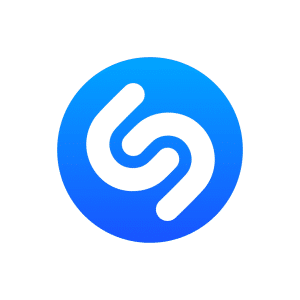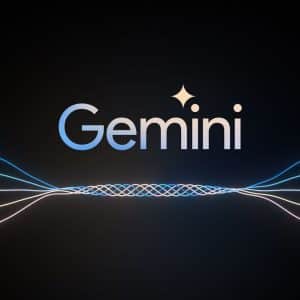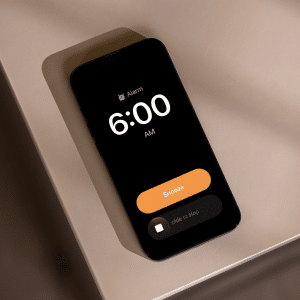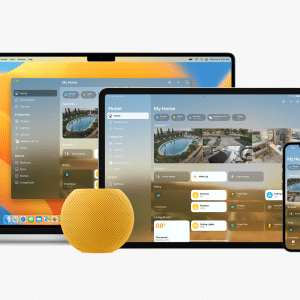The investigation conducted by the European Union (EU) has determined that Apple’s iMessage, along with Microsoft’s Bing, does not possess a significant market position to be classified under the DMA’s stringent regulations aimed at controlling the digital “gatekeepers”. These gatekeepers include major tech companies such as Apple, Meta, Google, Amazon, and TikTok. The DMA’s goal is to foster a more competitive and open digital market by enforcing rules on these dominant platforms.
The findings of the investigation mean that iMessage will not be required to become interoperable with other messaging platforms, a move that was anticipated under the DMA. This regulation would have allowed messaging services like Meta’s WhatsApp and Messenger to connect with iMessage, compelling Apple to adapt its platform for such interoperability within the EU.
Both Apple and Microsoft have expressed their approval of the decision not to categorize them as core platform services under the DMA, highlighting their stance on maintaining a certain degree of autonomy over their services.
Despite iMessage being excluded from these particular DMA requirements, the European Commission’s five-month market investigation signals that the EU is still actively pushing Apple to modify its broader app ecosystem. A notable change compelled by the DMA is the upcoming update in iOS 17.4, which will enable users in the European Union to download and install apps from alternative marketplaces, bypassing the App Store. This adjustment is part of the EU’s broader efforts to ensure fair competition and innovation in the digital market.
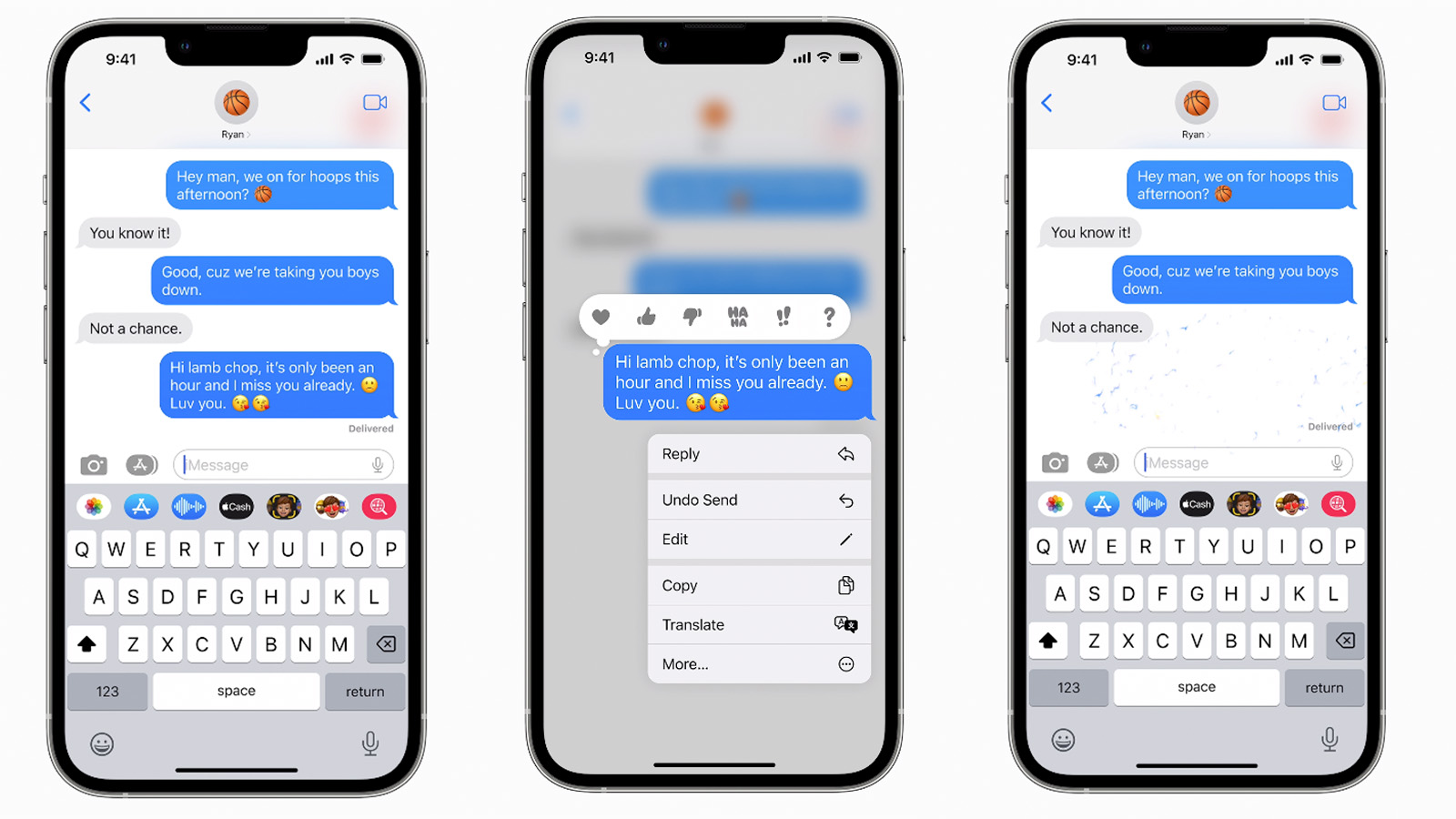
This decision marks a significant moment in the ongoing discussions about the balance between regulation and innovation in the tech industry, especially as governments worldwide scrutinize the power and influence of major technology companies.








